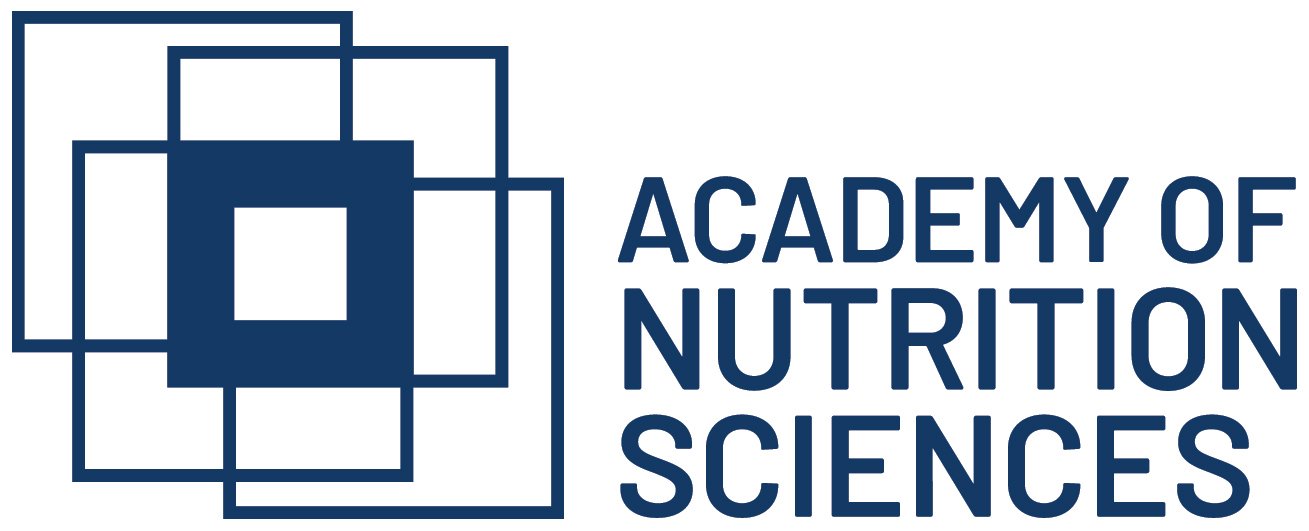Why do health professionals need to know about the nutrition and health claims regulation?
Editorials have been published online in support of the Academy of Nutrition Sciences’ new Position Paper on health claims: in Nutrition Bulletin (https://doi.org/10.1111/nbu.12598) and the Journal of Human Nutrition and Dietetics (https://onlinelibrary.wiley.com/doi/10.1111/jhn.13118?af=R)
The regulation of health claims for foods and drinks is intended, primarily, to protect consumers from unscrupulous claims by ensuring claims are accurate and substantiated with high quality scientific evidence. As well as summarising the recommendations of the Academy’s recent Position Paper https://www.doi.org/10.1017/S0007114522003300, the editorials draw attention to a particular Article in the legislation that governs health claims.
Article 12(c) applies specifically to the professional practice of health care professionals in certain circumstances, prohibiting ‘health claims that make reference to recommendations of individual doctors or health professionals’. The context for this is so-called commercial communications, which include product labelling and packaging delivered to the final consumer, product specific advertising in any form (e.g. print, broadcast, internet, direct mail), in-store promotions and food business social media. Article 12(c) does not affect non-commercial communications, examples of which are outlined in the editorials.
Amongst its recommendations, the Academy calls for training programmes in nutrition and dietetics to routinely include understanding of the pertinent legislative context and that approved CPD (continuous professional development) provision is available for health practitioners giving dietary advice. A growing number of nutritionists and dietitians work in commercial settings yet there appears to be differing interpretations of the current guidance available on the implications of Article 12(c) for professional practice. The Academy makes recommendation in this regard.
DECEMBER 19, 2022
